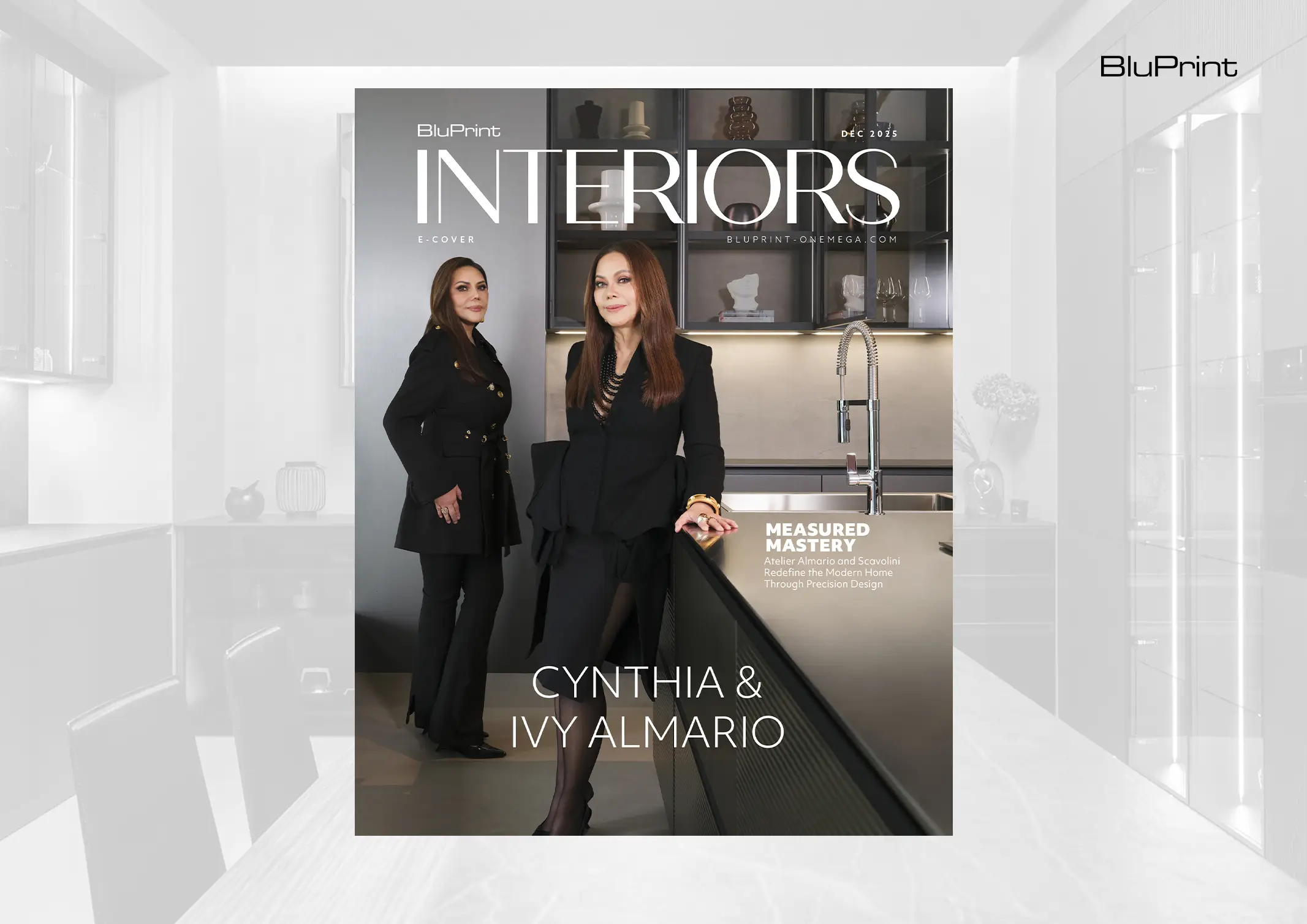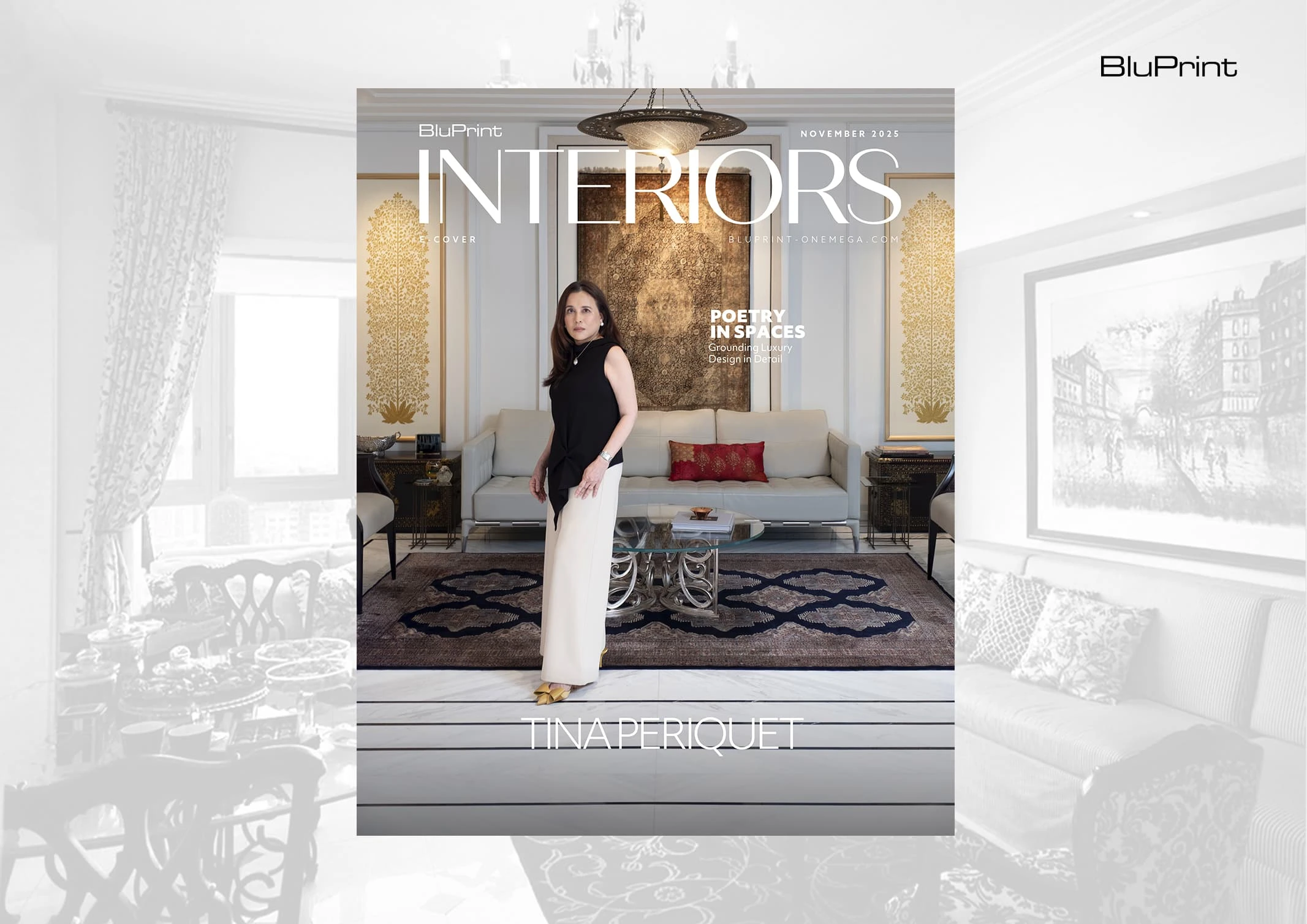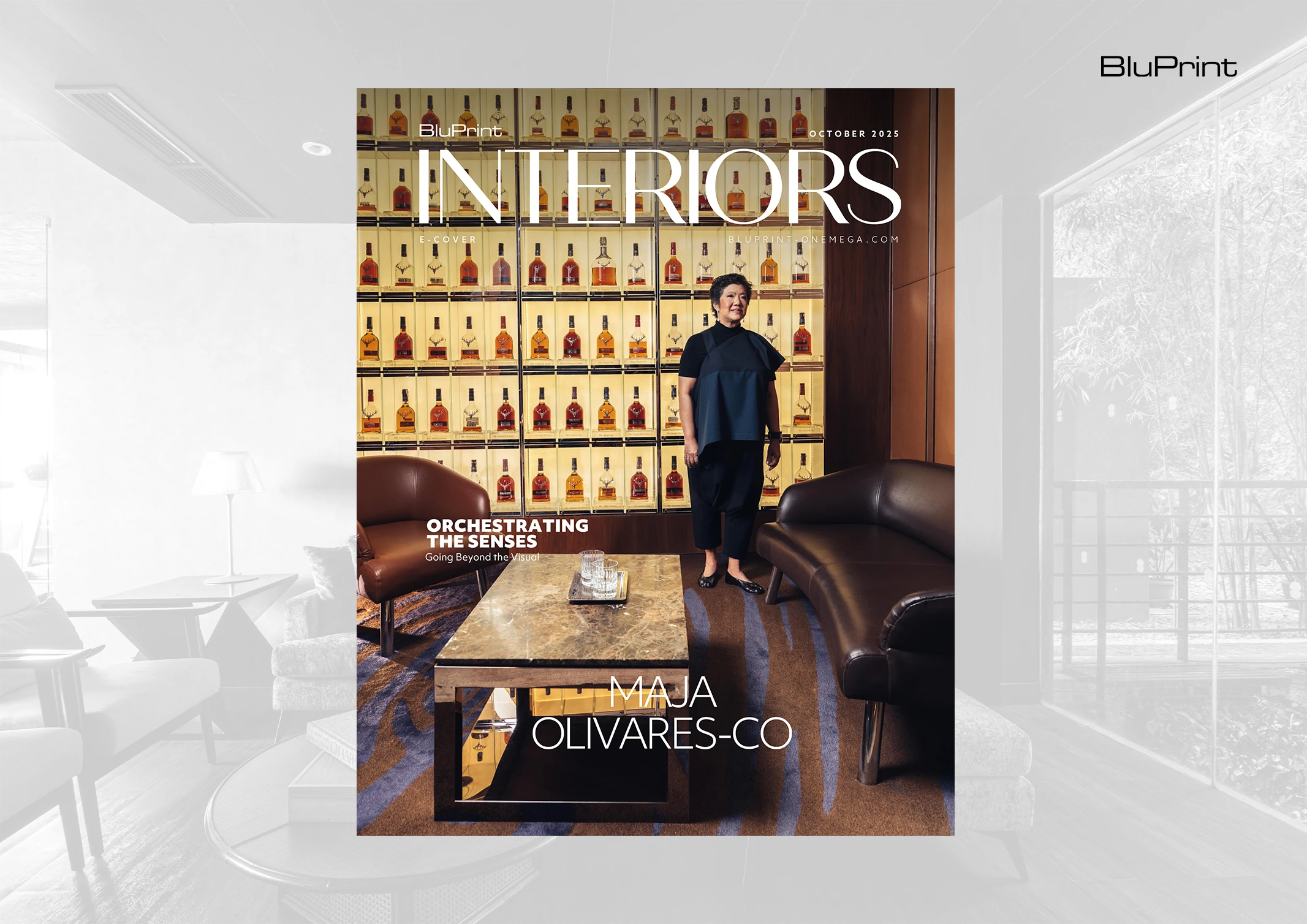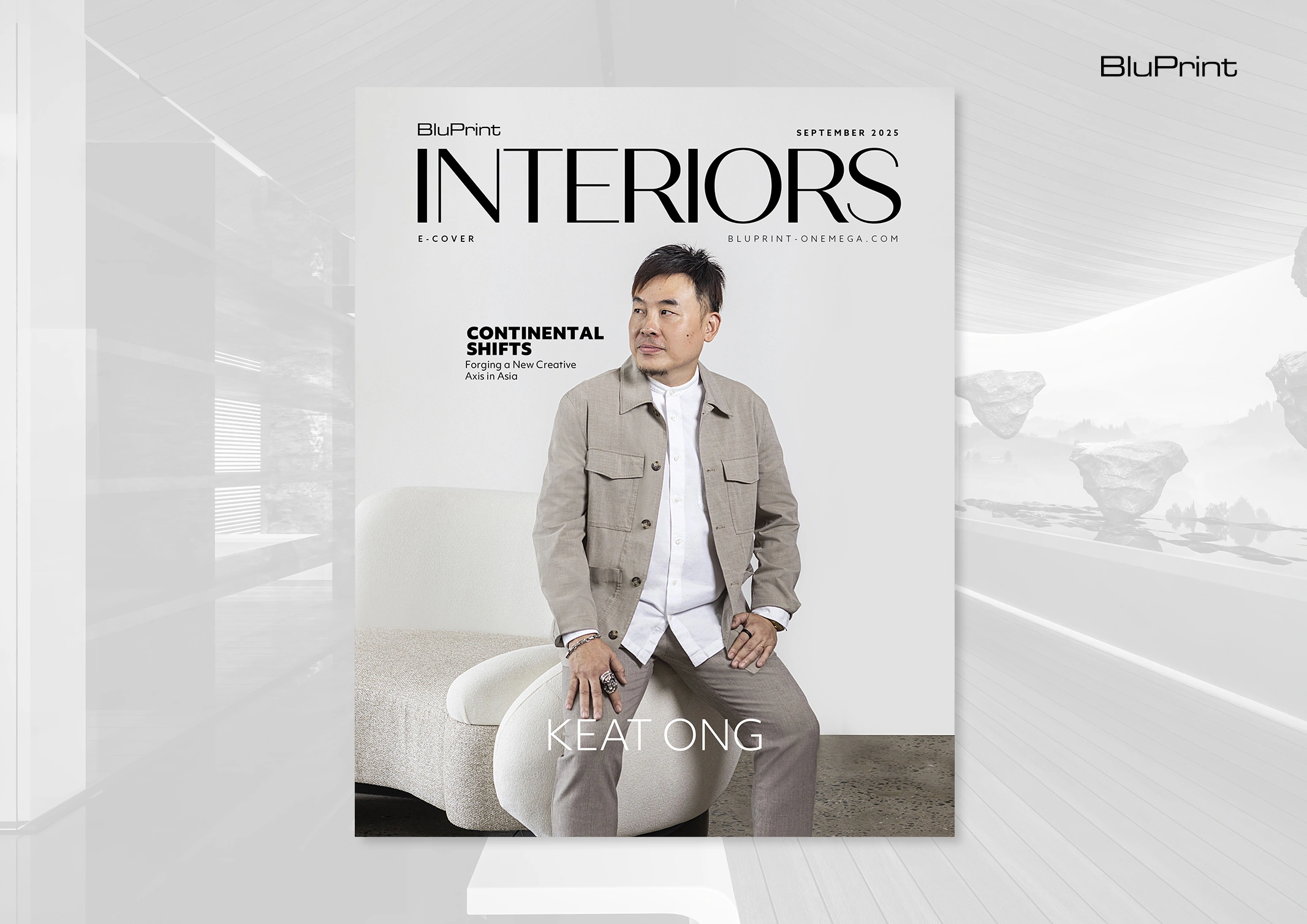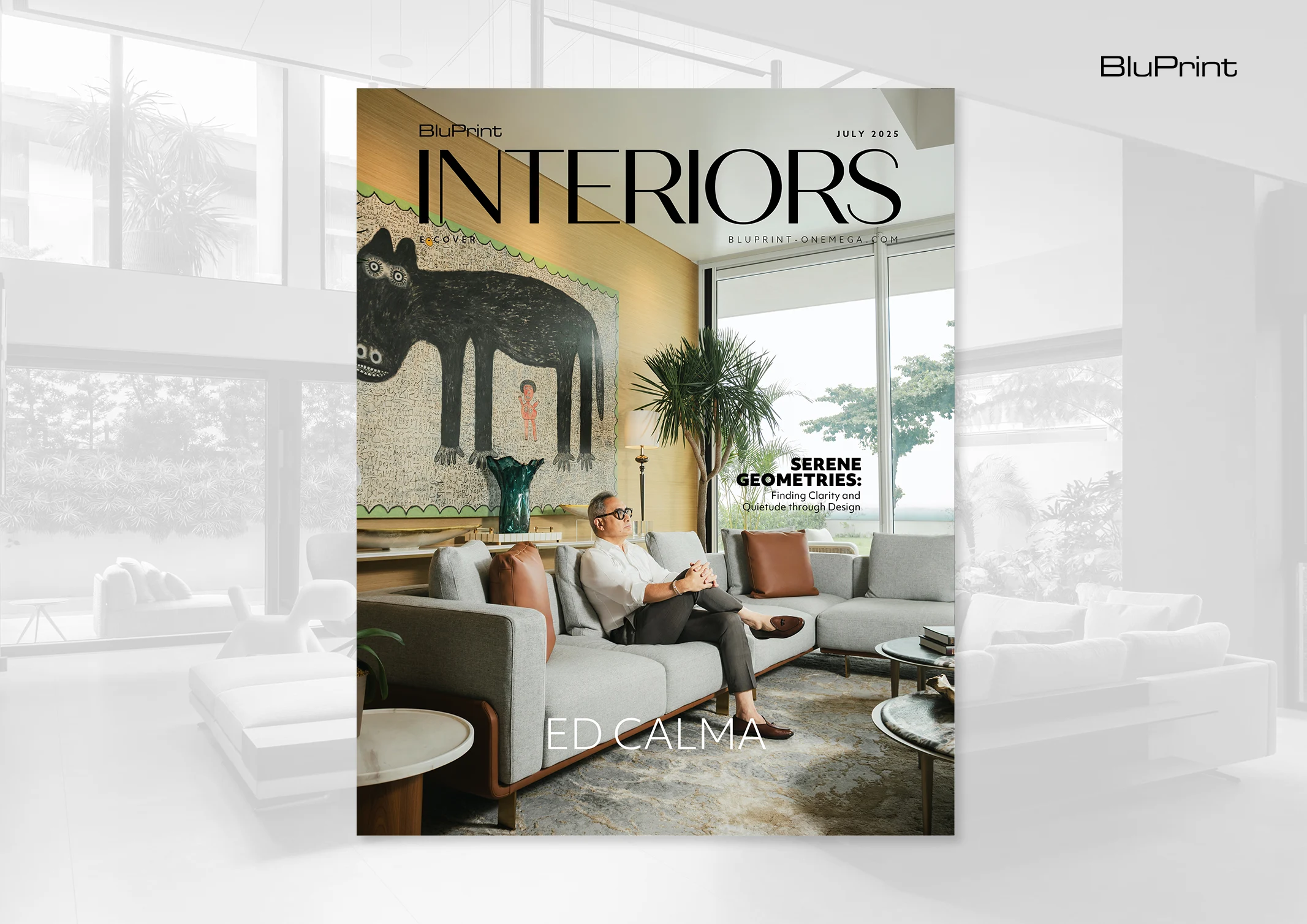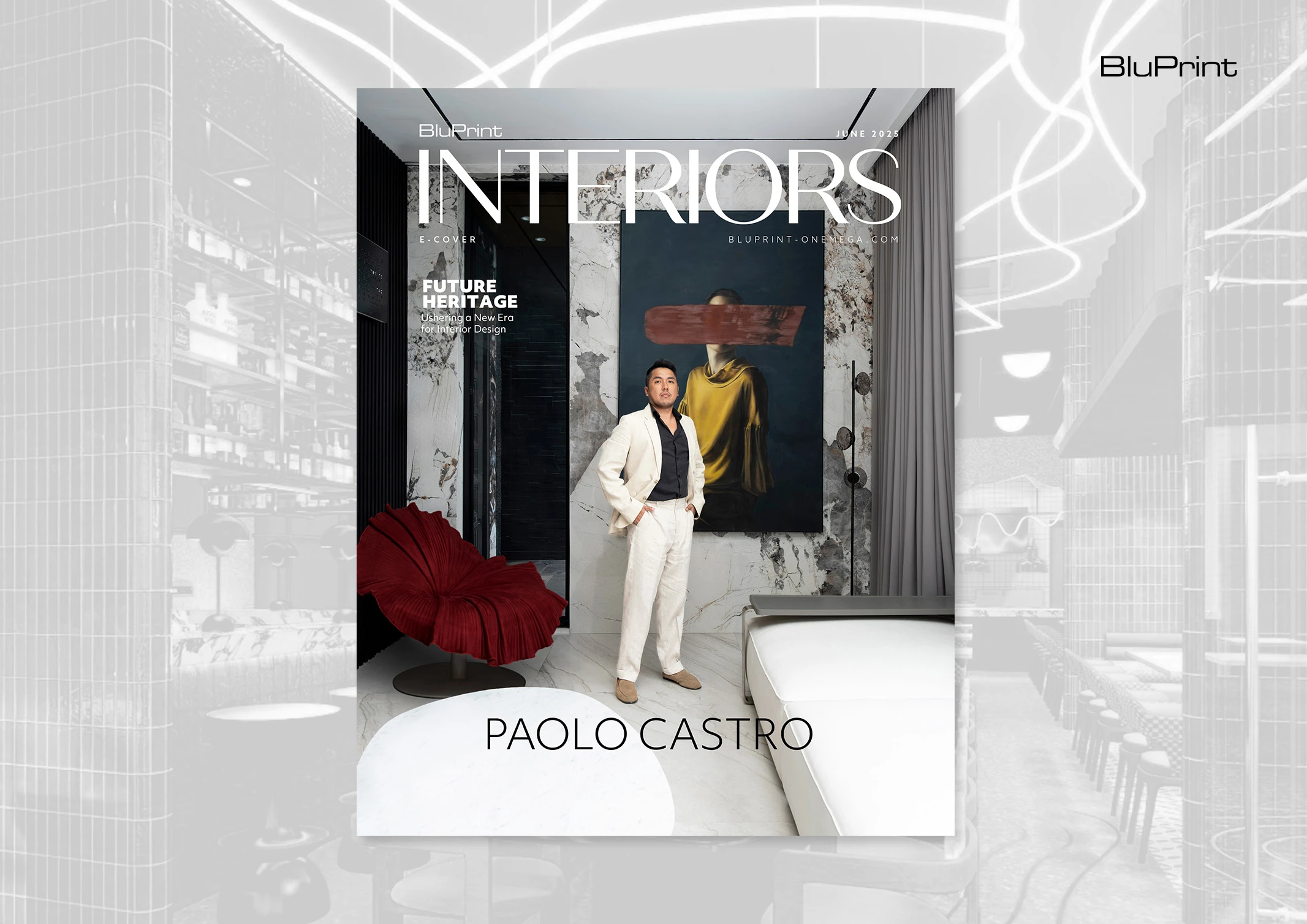Atelier Almario, led by powerhouse siblings Ivy and Cynthia Almario, have the vision of fully realizing the design of your dream home. Their dedication and expertise are seen with every decision they make, from the basic measurements that allow a space to be harnessed efficiently, to their use of trusted companies like the Italian design […]
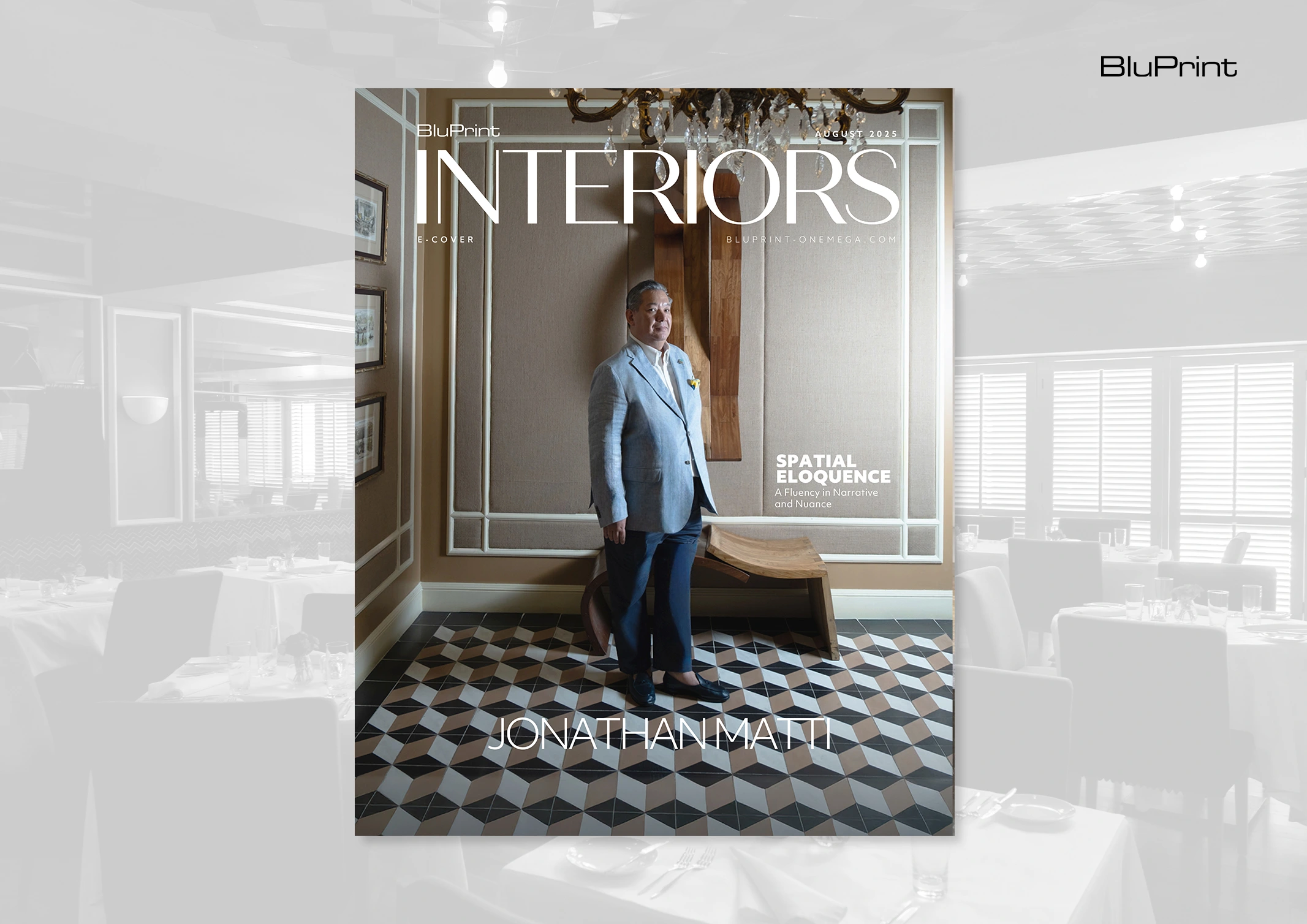
Spatial Eloquence: A Fluency in Narrative and Nuance by Jonathan Matti
Within the inner circles of Philippine design, one name is spoken with a particular reverence. His is a world of quiet elegance, of interiors that whisper stories of a rich heritage, and of a luxury that is felt rather than flaunted. An architect by training, Jonathan Matti has carved a singular niche for himself as one of the country’s most sought-after interior designers, his name synonymous with a sophisticated and deeply personal style that is both timeless and authentic.
As the founder and Design Director of Jonathan G. Matti Design Consultants, his firm has become the standard-bearer for bespoke, artisanal design infused with a strong sense of cultural identity. His stature in the industry has been consistently recognized; he was named one of Asia’s Most Influential Filipinos in both 2021 and 2022 and honored by PeopleAsia magazine in its 2025 “Men Who Matter” Awards.
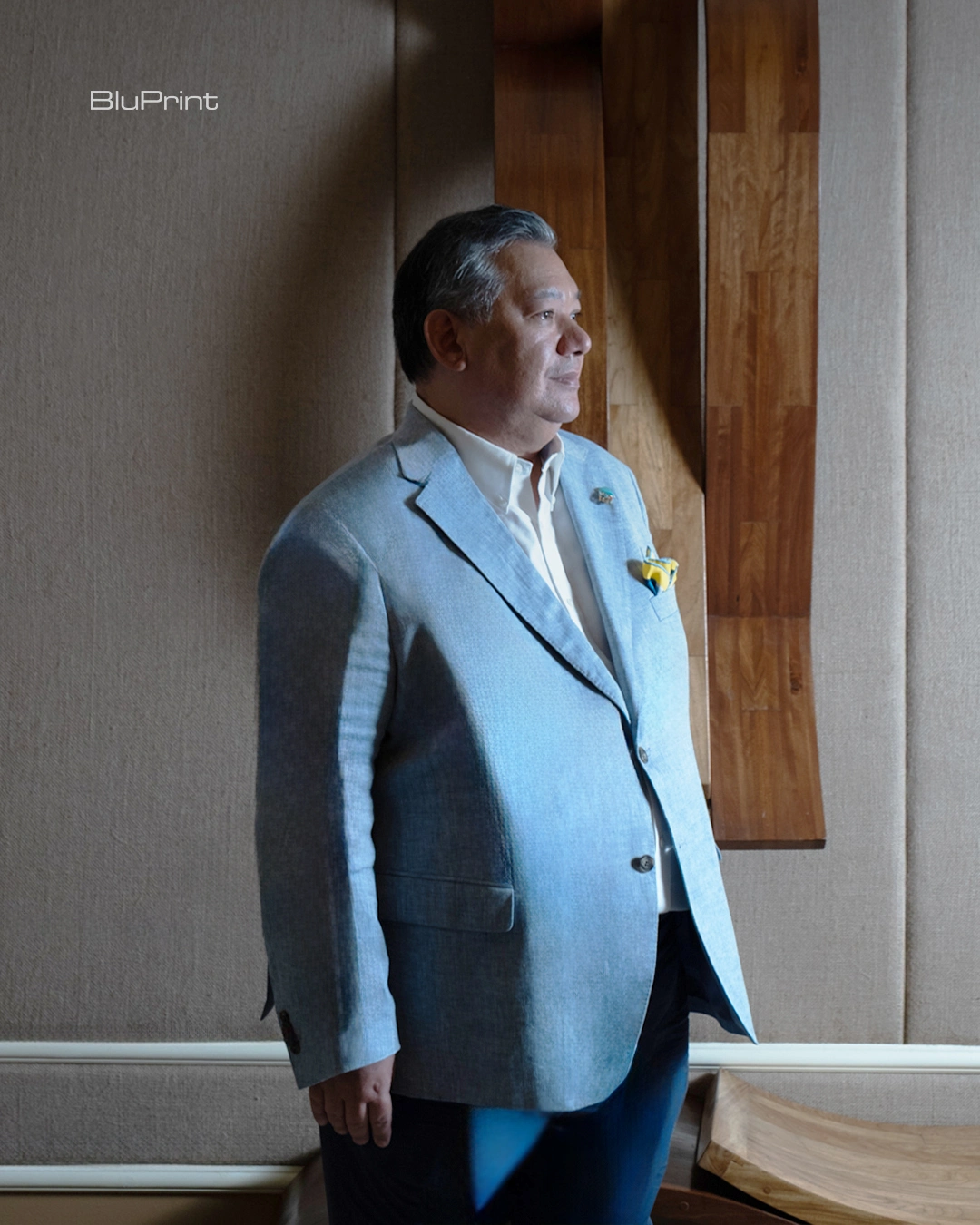
Matti’s design ethos is an antidote to the fleeting trends and ostentatious displays that can often characterize the world of luxury. He champions “genuine living,” a philosophy that prioritizes comfort, authenticity, and a deep connection to one’s surroundings. His interiors are not museum pieces but living spaces meant to be cherished. They are a reflection of their inhabitants, their passions, and their stories, curated with an expert eye and a profound understanding of the nuances of Filipino culture. Ultimately, his designs convey elegant aesthetics infused with rich storytelling, combining traditional and modern influences in a picturesque yet sophisticated manner.
An Architect’s Eye, an Artist’s Soul
There is a quiet dialogue between a person and their space. And beyond the gloss of curated images and fleeting styles, a truth emerges: that design’s deeper purpose is to be a vessel for genuine living. This is the art of creating a sanctuary for the self—a place that honors personal history, where comfort is an authentic embrace, and where beauty is a private dialogue rather than a public statement.
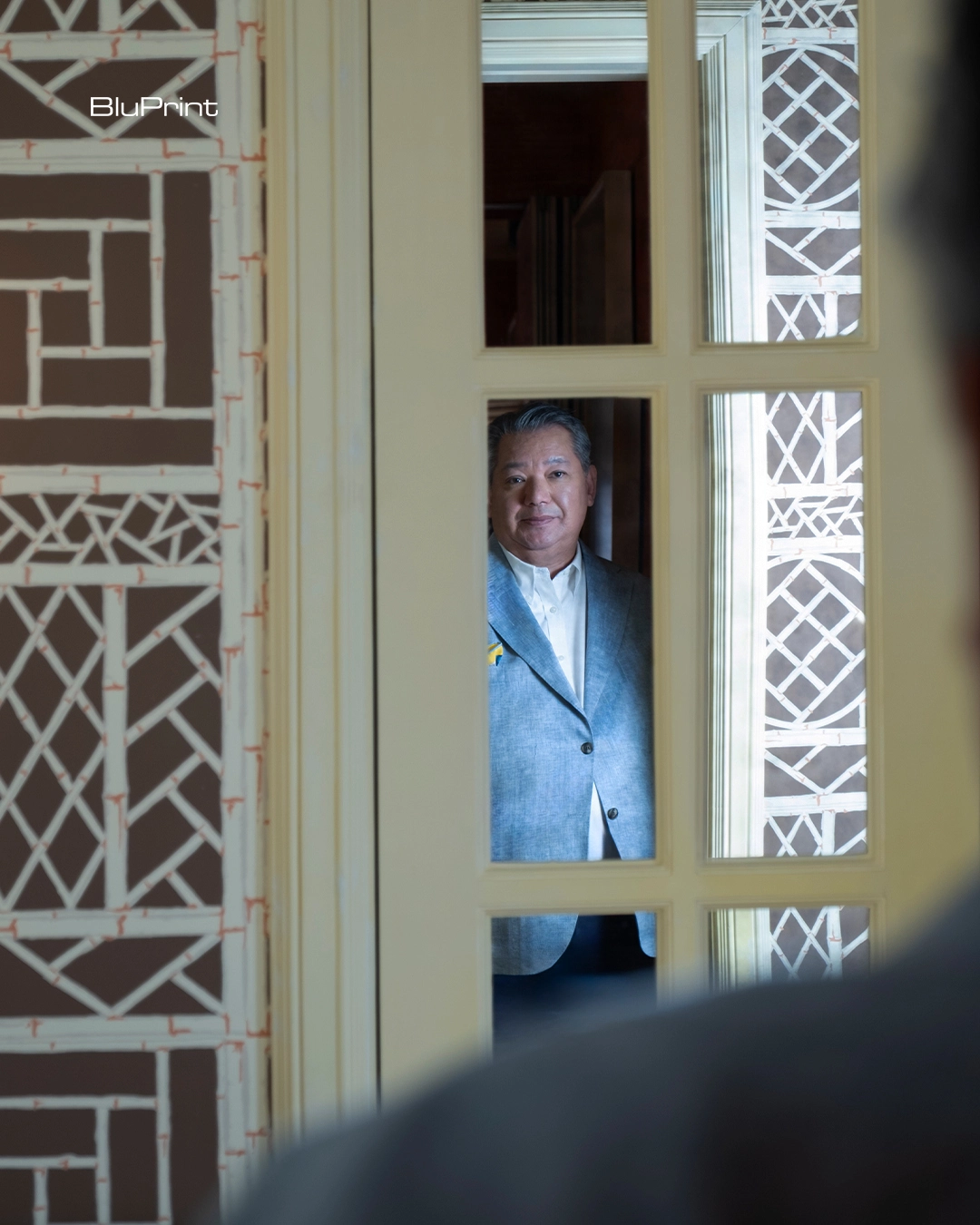
This philosophy is an intentional retreat from the performative. It is an architecture of sincerity, where every line, texture, and shadow serves to quiet the noise of the outside world and amplify the story within. It is the understanding that the most resonant spaces are not built for show, but are grown from a life lived with intention and grace.
Matti’s ability to seamlessly blend the historical with the contemporary is what truly sets him apart. This stems from a lifelong appreciation for old-world elegance, as he expertly edits period furnishings to create sophisticated yet comfortable interiors. His architectural background gives him a distinct edge, allowing him to curate a home’s art and design elements with an unparalleled sense of cohesion. He understands that Filipino identity is not a monolith but a rich, layered tapestry of influences, believing it cannot be a static style to be replicated, but a dynamic language that must be adaptive to a specific place.
This principle of thoughtful adaptation is a cornerstone of his practice, allowing him to create spaces that are at once deeply rooted in the Philippine context and possess a universal appeal. This is the story of a visionary who has not only shaped the landscape of Philippine design but has also redefined the very meaning of Filipino luxury.
Jonathan Matti’s journey into the world of design began not with a grand proclamation, but with a quiet absorption of his surroundings. His architectural education at the University of Santo Tomas provided him with a strong foundation in spatial planning and a keen understanding of form and structure.
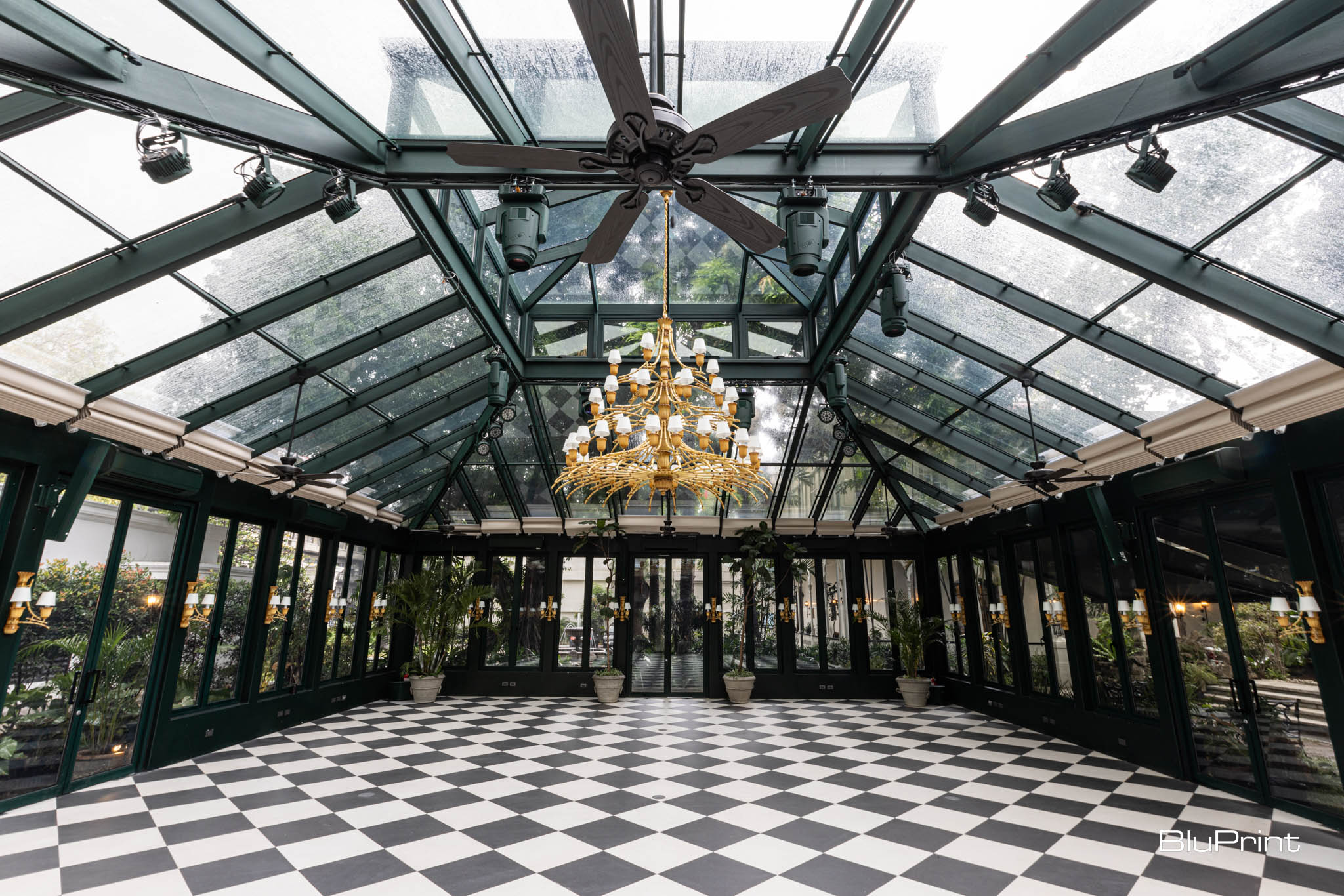
However, it was his early life experiences that truly shaped his design sensibilities. His mother, a real estate broker, would often take him along to show houses, and it was in these spaces that a young Matti first developed an appreciation for beautiful things and the art of creating a home.
He honed this innate sensibility further through his travels, where he immersed himself in different cultures and design traditions. Yet, it was always the rich tapestry of his own Filipino heritage that served as his greatest source of inspiration.
For international projects, he doesn’t just export a pastiche of Filipiniana; he engages in a dialogue between cultures. “I like to infuse the Philippine culture with the culture of that place where we are [doing] the project,” he explains, ensuring the result feels both authentic and contextually appropriate.
A Symphony of Collaboration and Curation
For Jonathan Matti, the design process is a deeply personal and collaborative journey. He is a master of the mix, effortlessly blending antique and contemporary pieces, and European and Filipino influences. With a discerning eye for fine art and collectible objects, he incorporates this sensitivity into his projects to enhance their genuine and curated feel. His interiors are a testament to this unique ability to see the beauty in the unexpected.
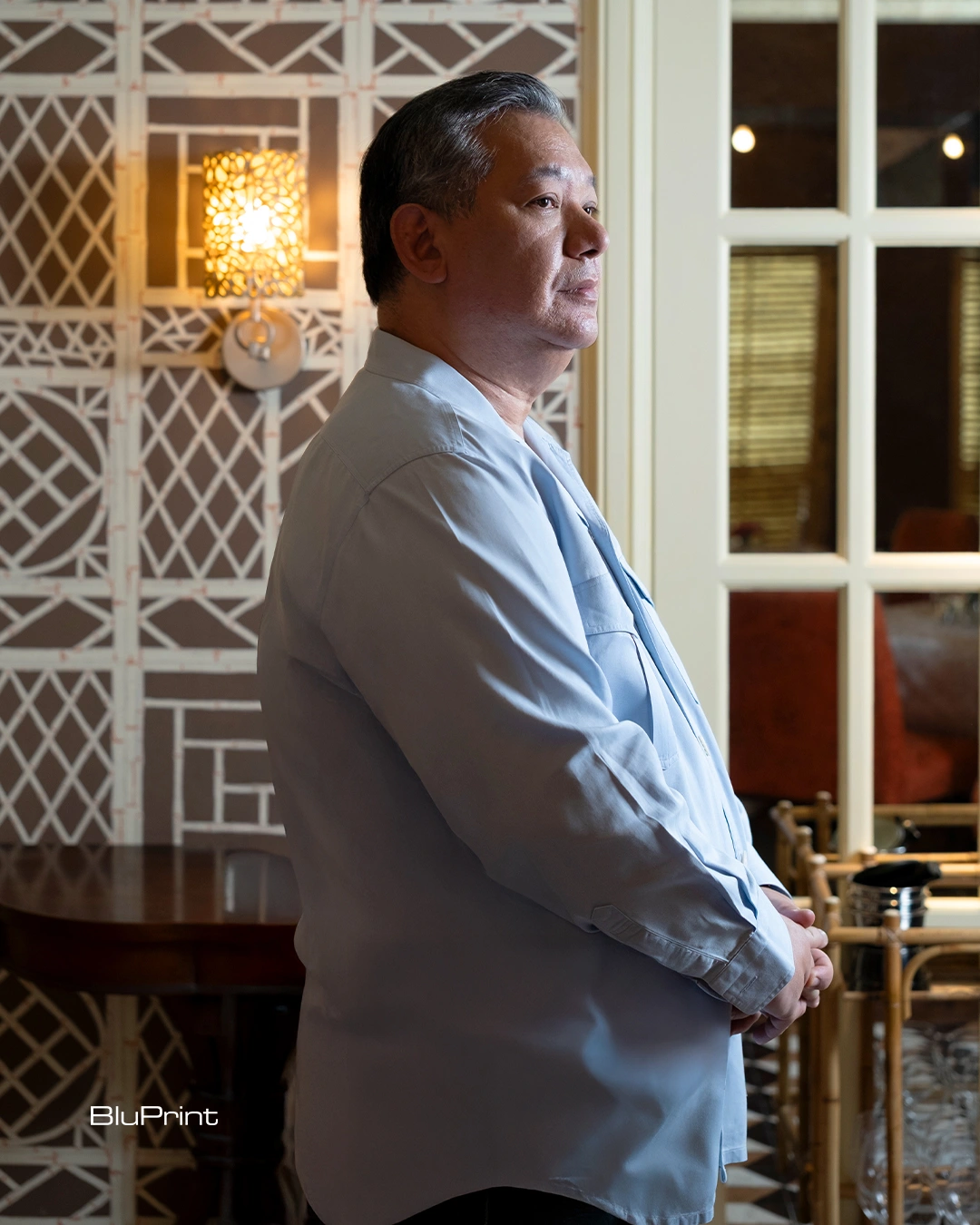
A hallmark of Matti’s work is his commitment to bespoke, handmade pieces. He has a deep appreciation for the artistry of Filipino artisans and often collaborates with them to create custom furniture, lighting, and decorative objects. This commitment not only ensures the quality and originality of his interiors but also helps to preserve the country’s rich artisanal traditions. He is quick to credit the collective effort behind each successful project.
“It takes a village to create something,” Matti insists. “And you know, everybody has their own speciality…those are the people that I work with, people who are creative and have something to deliver in a project which I know will enhance my aesthetic.”
Landmark Projects
De Gournay’s Latina Manila: A Filipino Story on a Global Stage
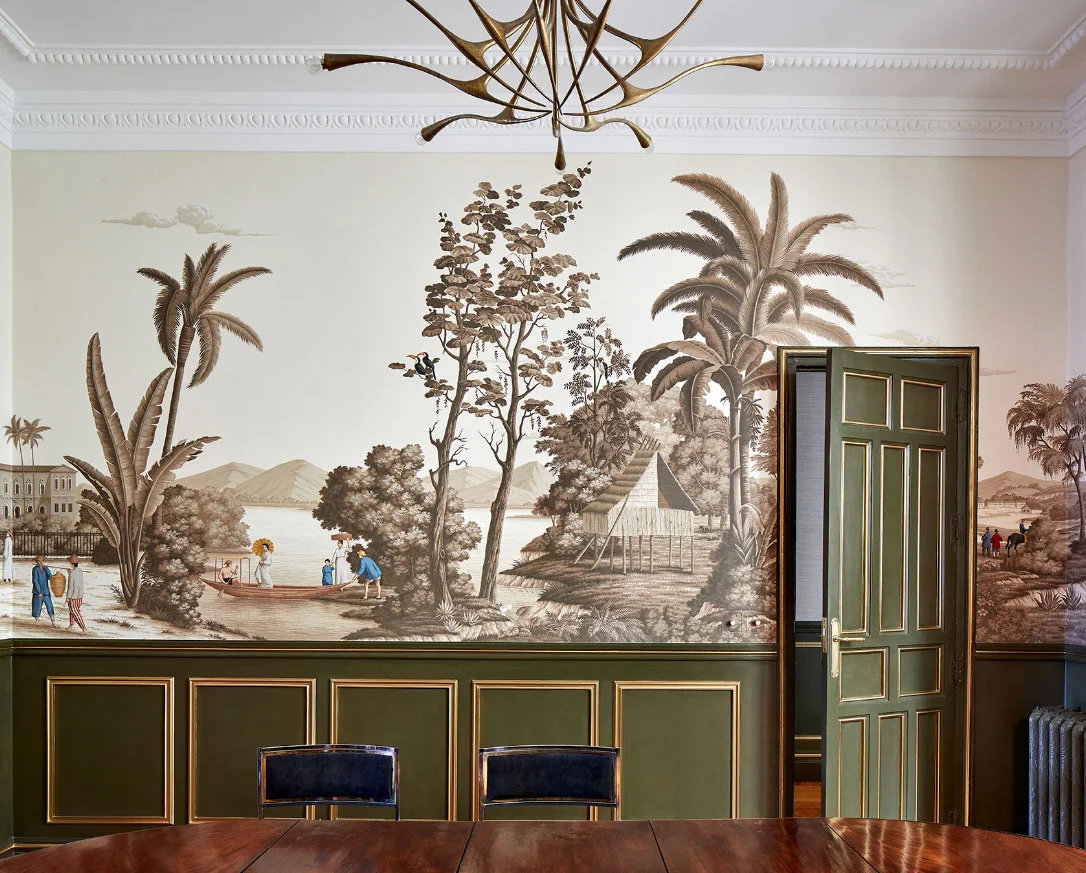
Among the most significant milestones in Matti’s career was his collaboration with the renowned British luxury wallpaper brand De Gournay. In 2017, they joined forces to create Latina Manila, the first time the firm had ever tapped a Filipino designer or adopted a Filipino theme. The collection of exquisite, hand-painted panels reflects 19th-century Philippine landscapes, flora, fauna, and social life, inspired by the progressive era of the mid-1800s. The wallpaper is a stunning visual narrative that, in Matti’s words, “tells a story; a story of the story of life in Manila, going all the way to its suburbs.”
The collection was a resounding success, earning international acclaim. “Well, I think if I own it in a way by introducing [it to] the world… I think that was one little contribution,” he reflects with modesty.
Heritage with a Twist: The Goldenberg Mansion
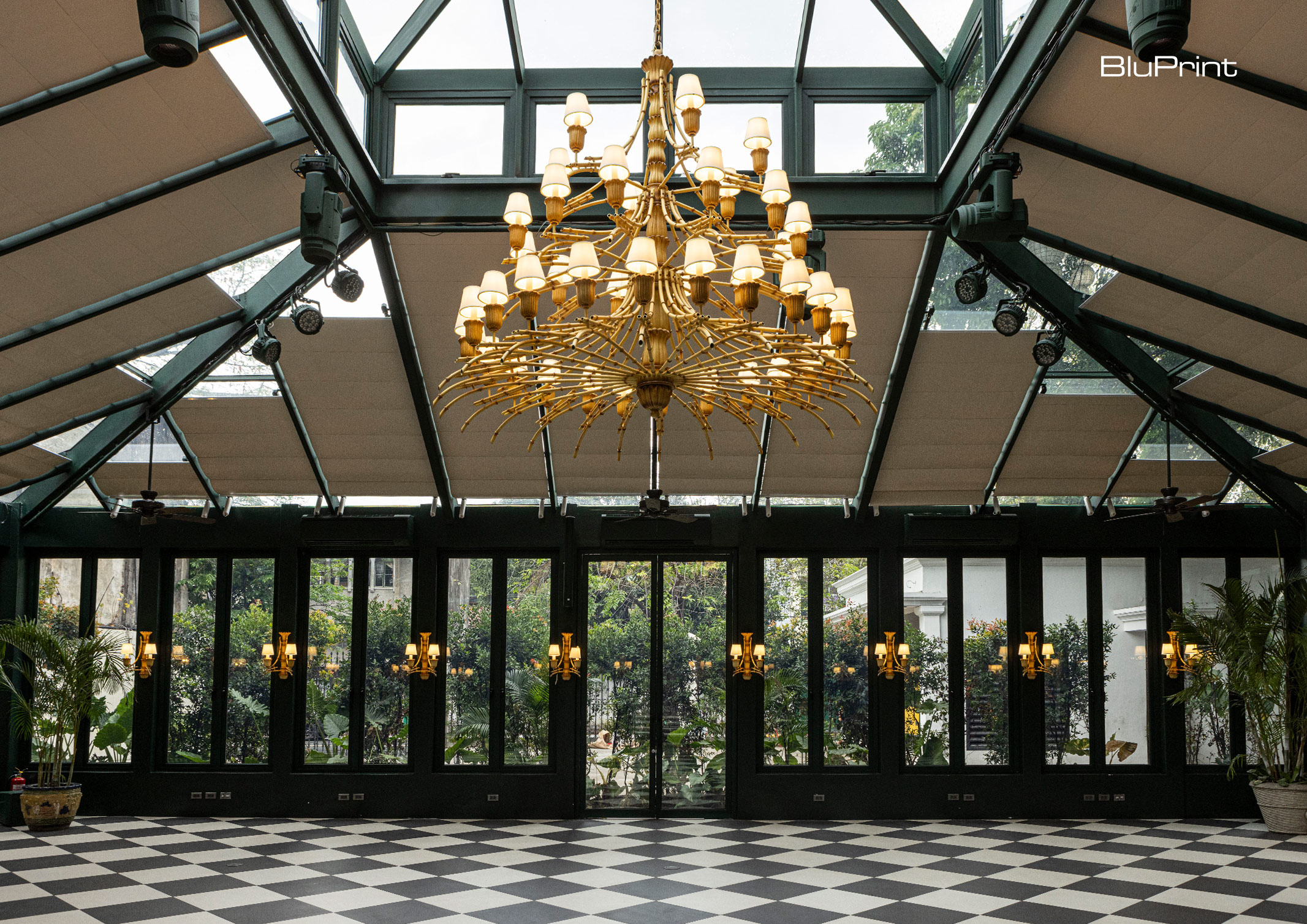
Matti’s expertise in navigating the delicate balance between past and present is on full display in his recent work at the Goldenberg Mansion, a historic residence within the Malacañang complex. While the original 19th-century structure was conservatively restored, Matti was tasked with designing a new addition in its lush garden—the Goldenberg Glass House. His approach exemplifies his philosophy on heritage.
“My approach is a little bit middle of the road,” he states. “I want to approach it in the most authentic way possible, but I believe that we should adapt to the 21st Century.” The resulting Glass House is a masterclass in subtlety. Instead of competing with the main mansion, it complements it. An elegant, dark emerald metal skeleton upholds glass walls, nestling into the giant balete trees and camouflaging itself within the garden’s foliage. Inside, elements like the black-and-white checkered floors and custom bamboo-inspired chandeliers echo the 19th-century aesthetic while creating a functional, modern space.
A Collective Vision: The Centro de Turismo in Intramuros
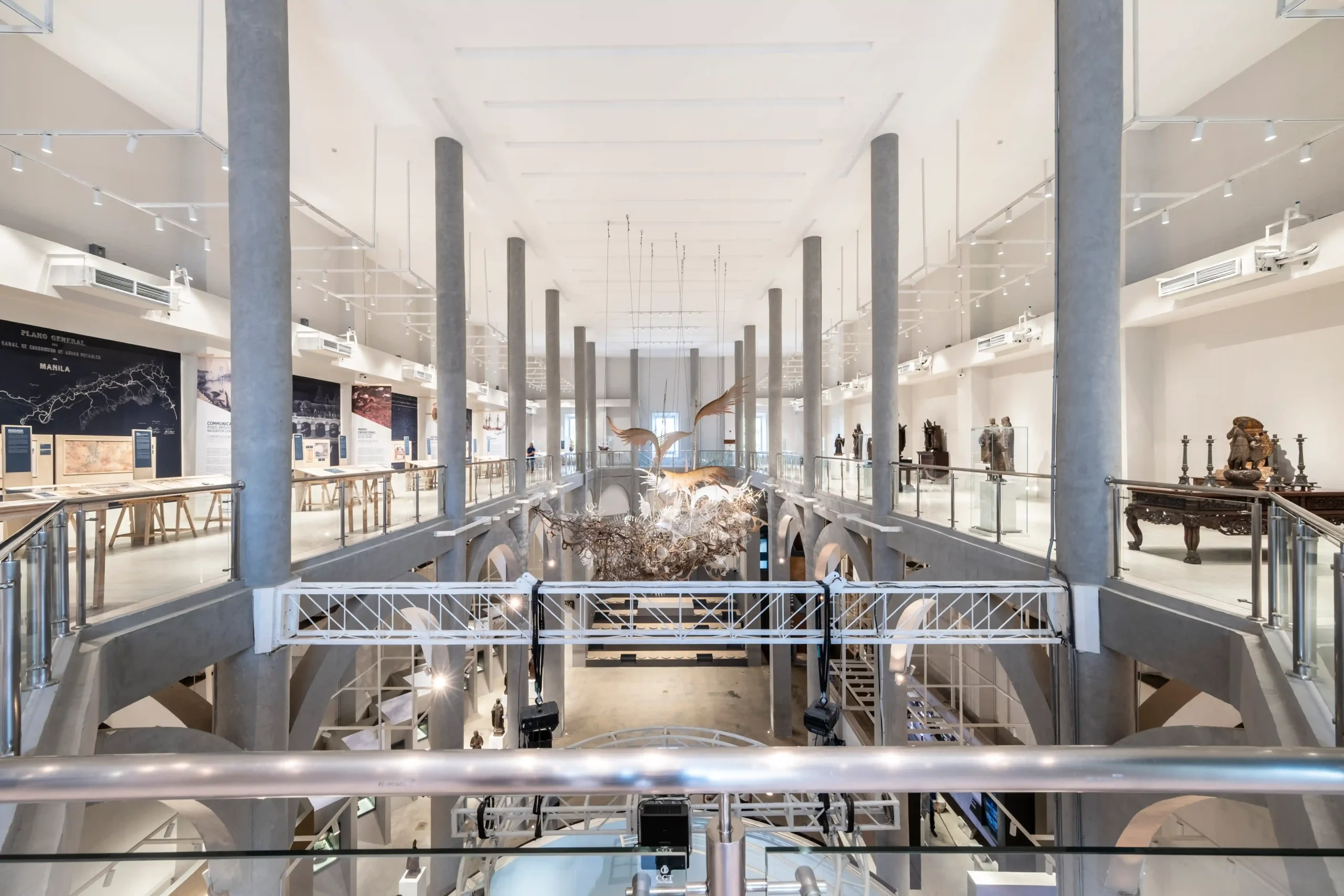
The spirit of collaboration that Jonathan Matti champions is vividly embodied in the new Centro de Turismo, a project that transformed the ruined base of the St. Ignatius Church into the official Visitors Center of Intramuros. With Matti as project advisor, this collaboration between the First Lady, the Philippine Institute of Interior Designers (PIID), and the Intramuros Administration represents a monumental achievement for the community he helps lead and influence.
This transformation is a prime example of adaptive reuse, where the integrity of the historic site is honored while being reimagined for contemporary use. It serves as a powerful blueprint for how public and private sectors can unite to breathe life into forgotten spaces, a principle that echoes Matti’s own collaborative ethos. The success of such a significant public-facing project, guided by the PIID, reflects the high standards and visionary capabilities of the entire Philippine design profession.
A Legacy of “Genuine Living”
Despite his success, Jonathan Matti remains a deeply private person who shuns the limelight. His own home is a reflection of his design philosophy—a warm, inviting space filled with a curated collection of art and personal treasures. He is also active in the art scene, hosting tasteful, low-key dinners at his home marked by subtlety and fine art selection, further emphasizing his love for genuine living over ostentation. It is a testament to his belief in a life rich in beauty, meaning, and connection.
In an age of fleeting trends, Matti’s work is a powerful reminder of the importance of authenticity and thoughtful evolution. He has shown that true luxury is not about what you own, but about how you live. Looking forward, he is optimistic.
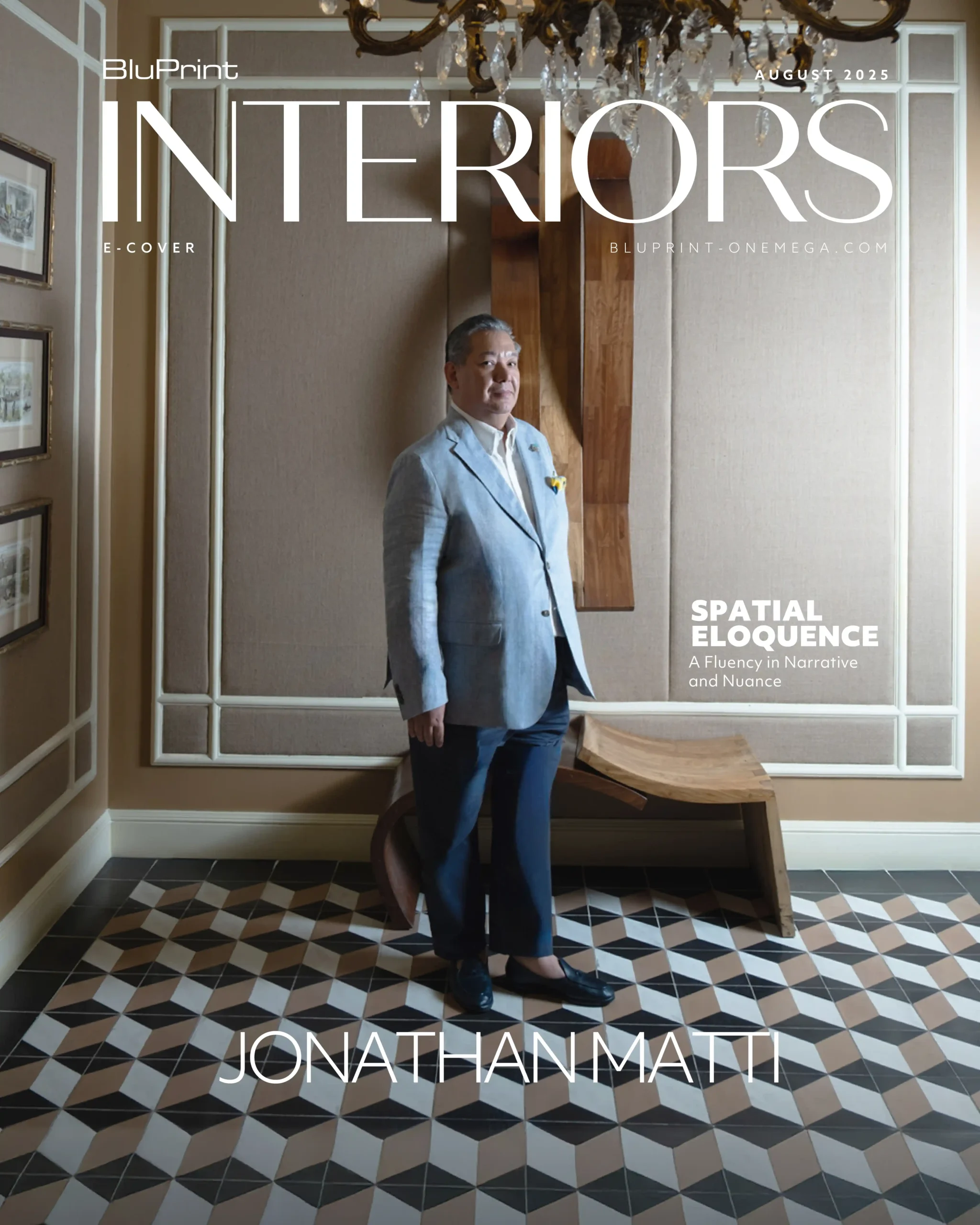
“I think Philippine interior design is moving forward and so and it’s getting better,” he observes, confident in the remarkable talent shaping the nation’s spaces. His career is a testament to that progress—a legacy built on honoring heritage, championing collaboration, and creating a Filipino aesthetic that is both timeless and ready for the world.
Read more: Goldenberg Mansion: Heritage Restoration in the Heart of Manila
Photographer: Ed Simon
Hair and Make Up: Cats del Rosario
Sittings Editor: Geewel Fuster
Managing Editor: Chad Rialp
Shoot Coordinator: Mae Talaid
